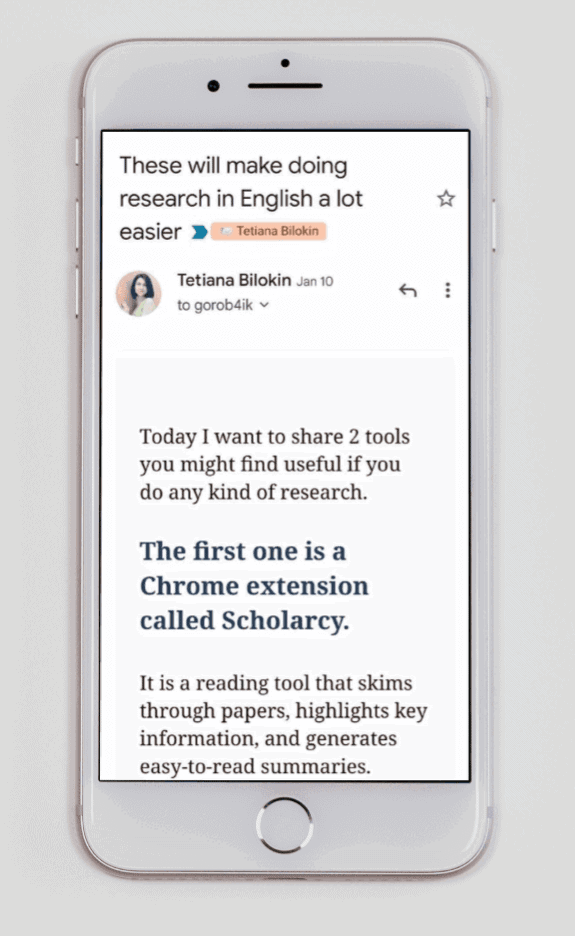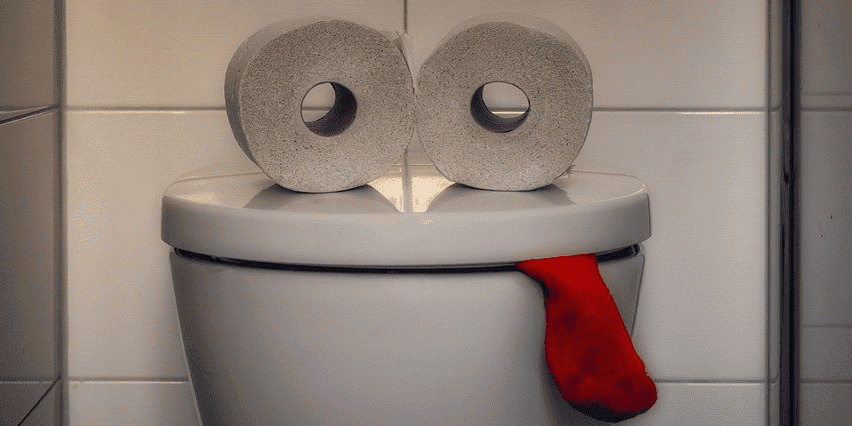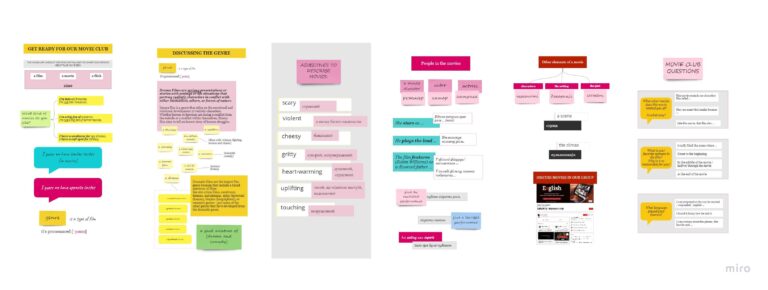My first landlady in the States was very surprised when I used the word “toilet” for the first (and only) time. She looked at me as if I had used the word “latrine” in front of her.
I found out a little later that in American English, the word “bathroom” or “restroom” is more commonly used.
Although the outcome was not catastrophic, and she grasped my message, it is preferable to use expressions that are tailored to the situation.
Talking about toilet use is not generally seen as socially appropriate, yet it is one of the most fundamental necessities. It’s even become somewhat of a cliché in films and TV shows to use expressions that allude to this requirement, without ever mentioning the word “toilet” directly.
In this article, we will explore the essential words related to toilets that every English language student should know. Whether you’re traveling abroad or simply having a conversation with native speakers, understanding these terms can help you communicate effectively and avoid any awkward moments.
Let’s face it – talking about toilets can be uncomfortable for some people. But don’t worry, we’ve got you covered. With our comprehensive guide, you’ll learn all the necessary vocabulary related to using public restrooms, describing toilet facilities, and discussing common bathroom etiquette.
Table of Contents
Recently, in class, a student was trying to explain what happened yesterday and suddenly asked:
“How do you say in English “мій телефон впав в унітаз?”
I replied, “My phone dropped into the toilet”.
“But toilet is the room, not the device!” – my student exclaimed.
First, we’ll talk about the two different meanings of “toilet” – as a room and as a device. The toilet room is where you go to do your business, while the toilet device (or fixture) is what you sit on or use to dispose of waste.
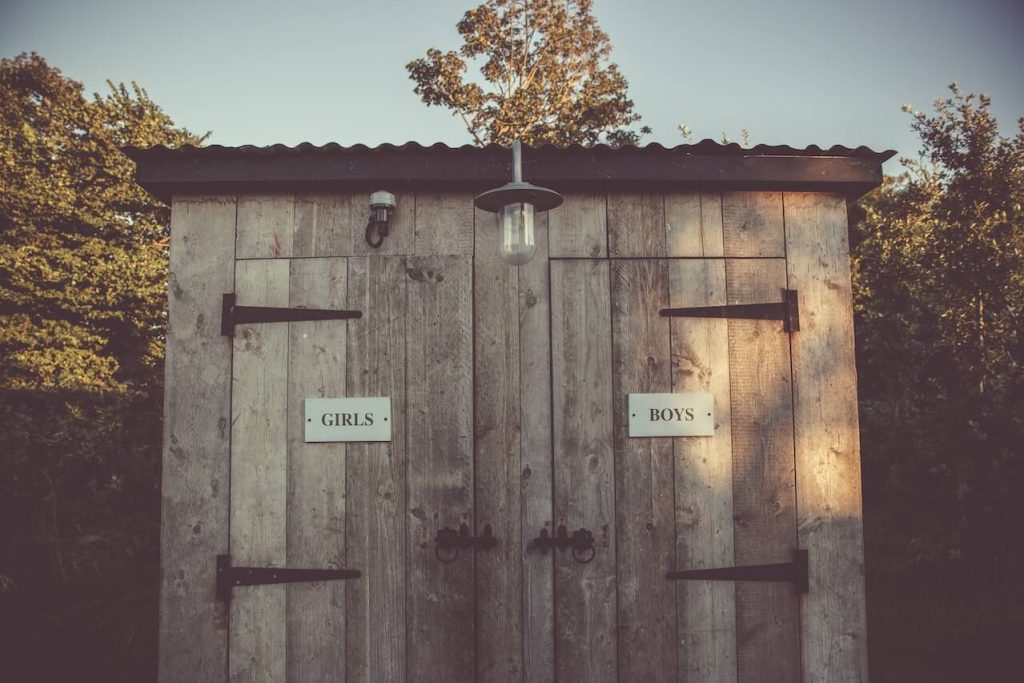
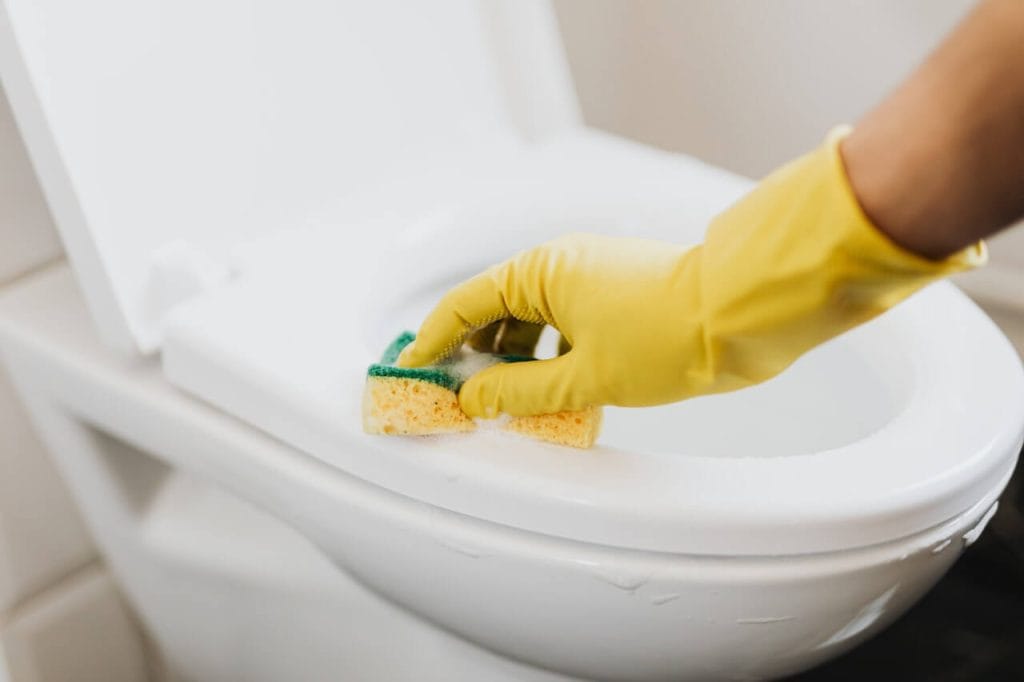
Words related to toilet the room and toilet the device
In fact, the English language contains both meanings in the same word (see the dictionary clipping below).

Of course, you need a very specific word, for example when shopping for plumbing fixtures, you’d need to look for “a toilet bowl” (the part you sit on), but this phrase is not used in conversations.
When it comes to discussing the actual toilet device/fixture, there are plenty more words to learn. Apart from “a toilet bowl”, some common ones include:
- tank (which holds water used for flushing),
- flush handle/button/lever (how you activate the flush), and
- seat/lid (what covers the bowl when not in use).
In terms of English vocabulary for the toilet room, there are several key words that will come in handy. You might refer to the room itself as a bathroom, restroom, or lavatory.
In American English, if you mean a room you need to go to, you’d better use the word “restroom“.
Notice these example collocations:
- sit on the toilet
- drop something in/into the toilet
- the toilet is clogged
- public toilet (Br)/public restroom (Am)
If you’re a tourist in a pinch (to go), and you’re looking for any public restroom, you can easily just use the word “toilet” – it’s probably the most recognizable word in the world, and is easy to remember.
Just don’t forget that in English, the first syllable is stressed, not the second: [ˈtɔɪlɪt]
If you are in the USA or Canada, this phrase can come in handy:
Where is the nearest restroom?
Here’s what you can hear in reply:
Nearest Starbucks.
Second door on the left.
Downstairs on the right.
But if you’re not on the street, but visiting your English-speaking friend or colleague, you can ask a tricky question like this:
Could I use your bathroom, please? or
Do you mind if I use your bathroom?
You might also be familiar with the abbreviation WC which means “toilet” – you can see it in airports, shopping malls etc.
WC stands for water closet.
In the US you’re more likely to see graphic representations and/or word “Restroom”
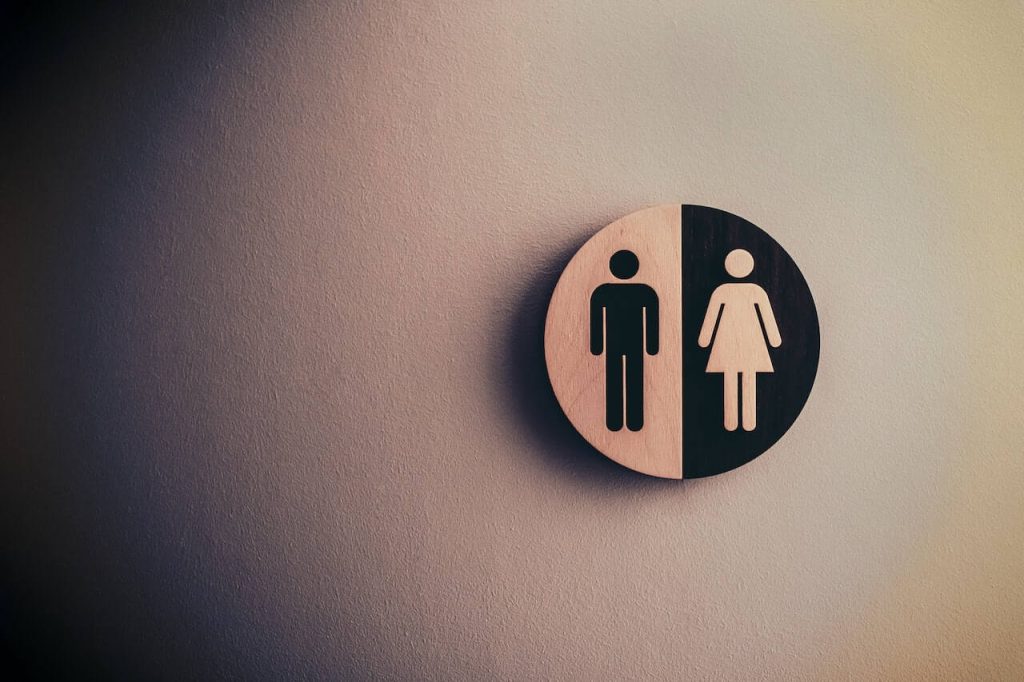
The difference between formal and informal “toilet” situations
You can hear different words meaning the toilet, depending on the situation: businesslike or more casual.
All of these phrases can be heard in various TV shows and movies – you just need to pay attention.
In a work setting (for example, in an office during a long briefing or meeting), you can use the phrase:
Let’s take a bathroom break!
On the other hand, if you’re with your friends, don’t be surprised to hear the phrases:
Where’s the loo? (British)
Can I use your john? (American)
Both words – loo і john – mean “toilet”, but for very informal contexts.
Here are some other phrases you can hear, and they sound more “neutral”, so can be used with acquaintances, not only friends:
If you’re a woman, you can ask
“Where’s the ladies?” (toilet for females)
Similarly, a man might use the following phrase:
“Where’s the gents?” (toilet for males)
Toilet related collocations in English
Another important aspect of using correct vocabulary when talking about toilets is understanding how they function. Common verbs used for this purpose include:
- flushing – the act of removing waste by sending water through the pipes
- clogging – when something gets stuck and blocks the flow
- overflowing – when too much water accumulates.
But 3 most useful phrases would probably be:
- flush the toilet (don’t confuse it with “flash”)
- toilet paper (uncountable noun, which means you don’t use article “a” with it)
- a roll of toilet paper (“roll” is countable, so you can use it with article “a” or make it plural: 2 rolls of toilet paper)
Verbs referring to what people go to the toilet for:
Finally, it’s worth noting that there are also several idiomatic expressions related to going to the bathroom which can come up in casual conversation. These might include phrases like “I need to go pee” or “I’m going number two”. While these terms may seem informal or even juvenile at times, they are widely understood among native speakers.
Two main things people use toilets for:
to piss (or pee)
to poop
Both are pretty informal. Here are a few examples:
- I laughed so hard that I almost pissed myself.
- Your dog poops on the sidewalk, it’s $50.
- Honey. do you need to go number 2?
Be careful:
You can also hear the adjective “pissed” in informal conversations to mean “angry”, “irritated”:
My girlfriend is so pissed at me!
Saying you are not comfortable talking about the toilet topic
Do you ever feel uneasy talking about the topic of toilets? Perhaps it’s because we’re conditioned to see it as an embarrassing or taboo subject. But the truth is, being able to communicate about our bathroom needs is essential for everyday life.
There are two great words in English that convey a sense of emotional discomfort.
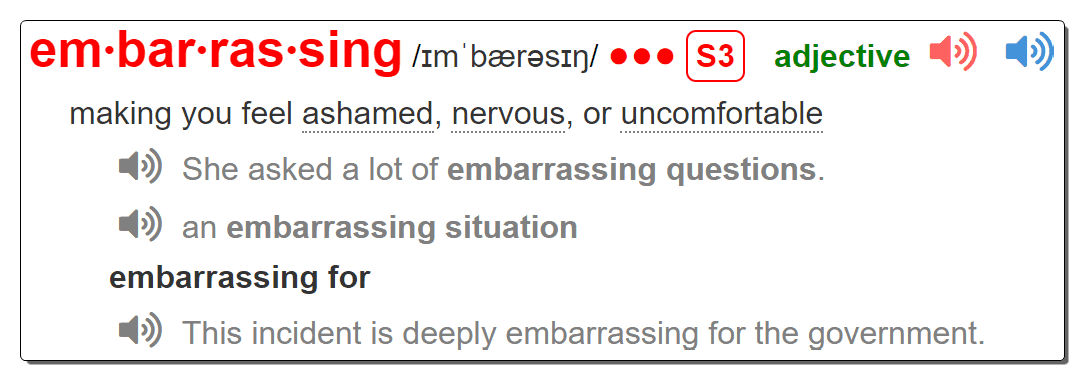
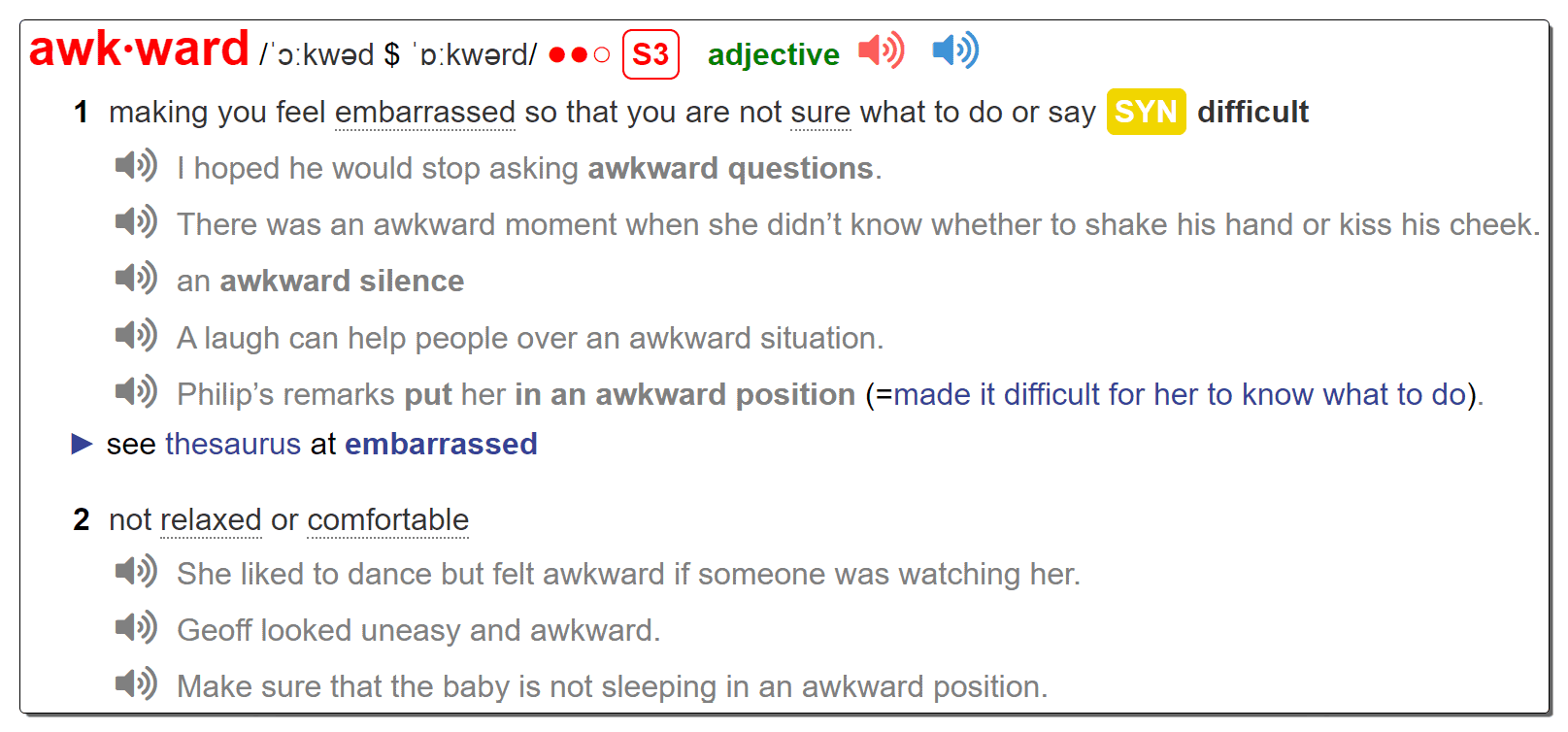
So what can we do to make these conversations less awkward?
One approach is to use humor or euphemisms – saying things like “nature calls” or “I have to powder my nose.”
Another option is simply acknowledging the importance of the conversation and treating it matter-of-factly.
Examples of this vocabulary from the movies
Conclusion
As a learner of English, there are certain words and phrases related to the toilet that you need to know. Firstly, it’s important to understand the difference between “toilet” as a room (also known as a restroom or bathroom) and “toilet” as a device used for waste disposal.
Next, familiarize yourself with common collocations such as “use the toilet,” “flush the toilet,” and “a roll of toilet paper” You’ll also want to learn verbs like “pee,” “poop,” and “piss,” which refer to bodily functions people go to the toilet for.
Finally, if you’re uncomfortable talking about this topic in English, use phrases like “excuse me” or simply say that it’s not something you feel comfortable discussing.
In conclusion, while learning about the toilet may seem like an embarrassing topic, it’s essential for communicating effectively in English. Remember: don’t be afraid to ask questions and seek out new vocabulary. As they say, knowledge is power – even when it comes to potty talk!
I hope this post was helpful and that you don’t have to feel awkward or embarrassed because of the call of nature.
